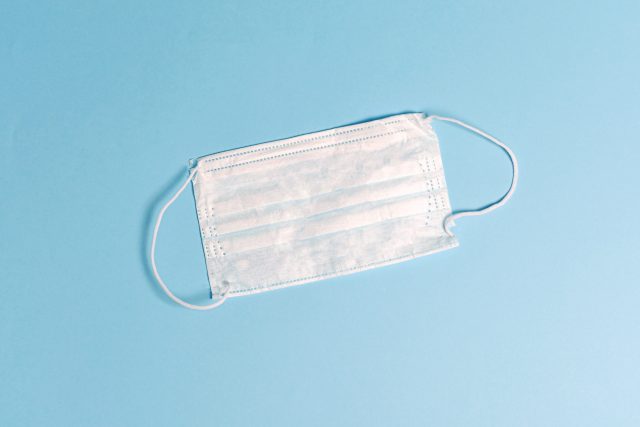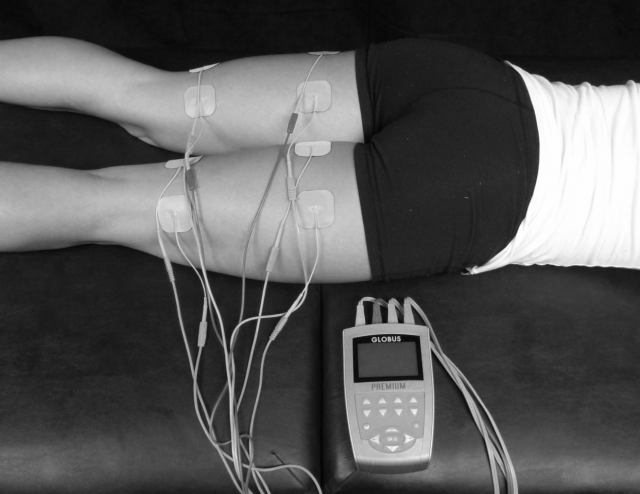COVID Restrictions Update – Aug 7, 2021

Hey everyone,
With new restrictions that came into effect on Saturday, August 7, we would like to remind all patients of Inkster Park Physiotherapy that we remain open for in-person appointments. We have ample space and square footage that far exceed spacing guidelines and will be safely distanced within our private rooms (this applies for all physiotherapy and massage therapy services).
At this time, masks and personal protective equipment (PPE) for health care clinics are still required as per government health orders and we are continuing to provide in-person service under the terms highlighted below:
- All patients will be screened by a questionnaire and must be masked. Patients will not be allowed on the premises unless approved safe.
- Stringent hygiene practices are in place for staff and sanitizing all touchable surfaces.
- Distancing rules are in effect with the exception of the therapist and patient.
- Therapists are working on an enhanced schedule so as to focus on treating one patient at a time.
- We provide private rooms for treatments.
- All Therapists and support staff have received their COVID vaccinations and will be masked at all times.
Please note we are still offering video appointments (Tele Rehab) or a combination of in-person and video appointments where appropriate (some future visits may only need a video consult.)
We are confident and comfortable with the guidelines in order to provide effective service to you and your loved ones.
Please call us at (204) 694-5359 or email us to book or ask questions.
Thank you!
Inkster Park Physiotherapy Staff



